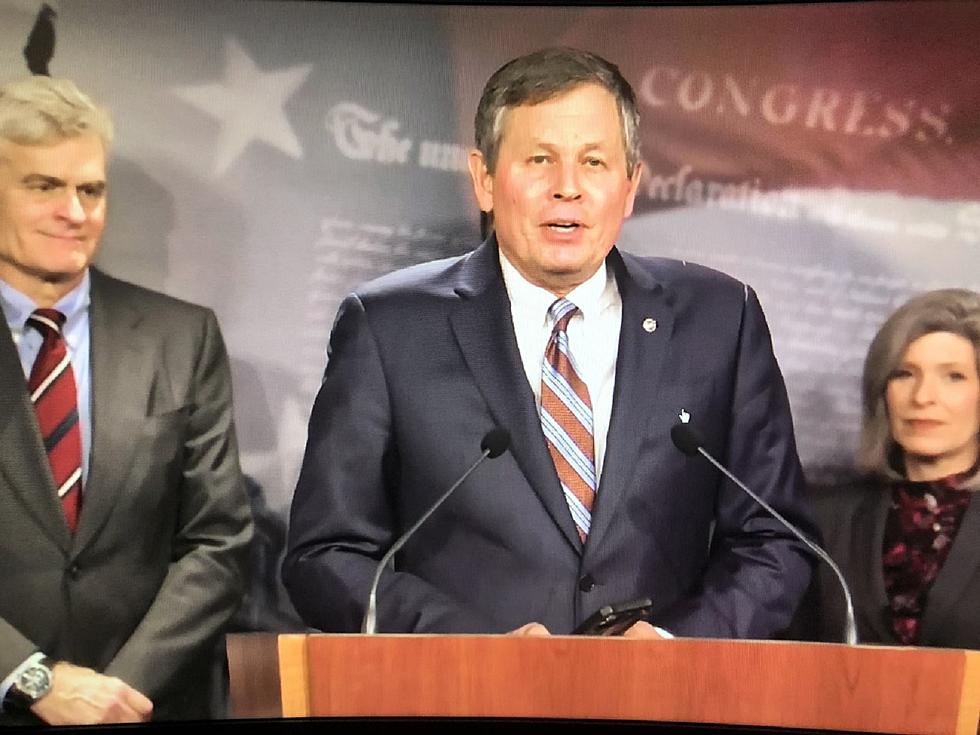
Obamacare’s First Argument in Court: a Contradiction
Yesterday, lawyers defending the Affordable Care Act on behalf of the U.S. government dusted off an obscure law from 1867. The law, called the Anti-Injunction Act, says that "No suit shall be maintained in any court for the purpose of restraining the assessment or collection of the amount of the liability, at law or in equity, of a transferee of property of a taxpayer in respect of any internal revenue tax." In short, you can't complain about a tax in court until you've actually been taxed. What the government's lawyers would like to do is have a "delay of game" that would make Supreme Court hold off on it's decision until 2015 when people who refuse the individual mandate would have a new income tax levied on them.
The New York Times reports that Paul Clements (who represents the 26 states opposing the law) complained that the line of argumentation was “the most boring jurisdictional stuff one can imagine” and “a kind of practical joke that the court is playing on the public.” But the real practical joke seems to be the way the court is talking about the individual mandate. Is it a tax or isn't it? Well, if you listen to the federal government's lawyers . . . it is a tax, except when they don't want it a be.
First, why would they want it to be a tax? If the insurance mandate is a tax, then it would conceivably be constitutional under the federal government's power to levy taxes.
Secondly, why would they not want it to be a tax? Because they will likely lose this argument as it pertains to the individual mandate, but they don't want the Supreme Court to make an official decision that the 1867 law is not "jurisdictional." If the law remains jurisdictional as the justice department's lawyers currently interpret it, then they can use this argument to uphold parts of the law later. In short, they would like to have their cake and eat it too.
In an insightful article titled "Arguing the Health Mandate is Not a Tax, Except When It Is," New York Times reporter Kevin Sack quotes Supreme Court Justice Sam Alito on the contradictory argument “Today you are arguing that the penalty is not a tax, tomorrow you are going to be back and you will be arguing that the penalty is a tax. Has the court ever held that something that is a tax for purposes of the taxing power under the Constitution is not a tax under the Anti-Injunction Act?”
The Affordable Care Act's first act in court was a contradiction . . . I'm sure there will be more to come.
More From Newstalk KGVO 1290 AM & 98.3 FM









